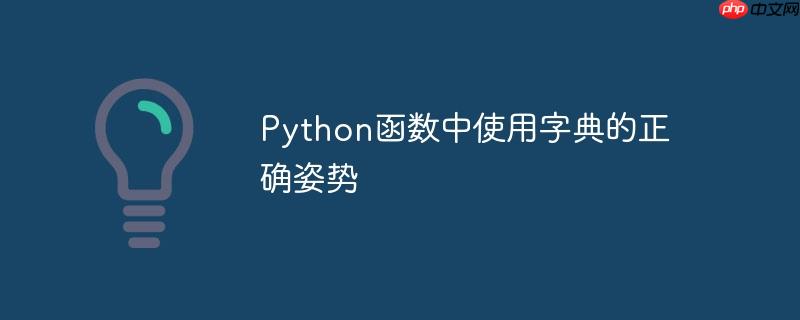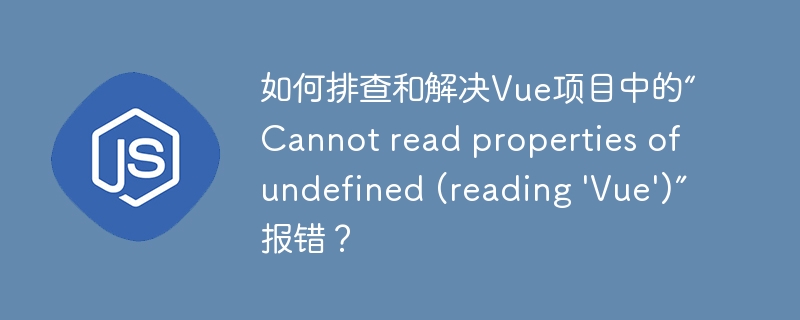
本文将详细介绍如何在python函数中使用字典,包括在函数内部定义和使用字典,以及如何在不同函数和模块之间共享字典。通过清晰的代码示例和解释,帮助读者掌握在Python项目中灵活运用字典的方法,避免常见错误。
函数内部使用字典
在python函数内部使用字典非常直接。你可以在函数内部定义字典,然后像使用任何其他变量一样使用它。
def process_data(item_name, quantity): """ 处理数据,根据商品名称查询价格并计算总价。 """ prices = { 'server_price': 100, 'server_rack': 30, 'connections': 50 } if item_name in prices: price = prices[item_name] total_price = price * quantity print(f"The total price for {quantity} {item_name} is: {total_price}") return total_price else: print(f"Item '{item_name}' not found in price list.") return None # 示例调用 process_data('server_price', 5) # 输出: The total price for 5 server_price is: 500 process_data('unknown_item', 2) # 输出: Item 'unknown_item' not found in price list.
注意事项:
- 字典的作用域仅限于定义它的函数内部。
- 如果需要在函数外部访问字典,需要从函数返回该字典。
在不同函数之间共享字典
如果需要在多个函数之间共享字典,有以下几种方法:
立即学习“Python免费学习笔记(深入)”;
-
将字典作为参数传递: 这是最常见和推荐的方法,可以明确地控制数据流。
def calculate_discount(price, discount_rates): """ 根据商品价格和折扣率计算折扣后的价格。 """ if price > 100 and 'high_value' in discount_rates: discount = discount_rates['high_value'] else: discount = 0 discounted_price = price * (1 - discount) return discounted_price def process_order(item_price): """ 处理订单,计算折扣后的价格。 """ discount_rates = { 'high_value': 0.1, 'standard': 0.05 } final_price = calculate_discount(item_price, discount_rates) print(f"Final price after discount: {final_price}") # 示例调用 process_order(150) # 输出: Final price after discount: 135.0 -
使用全局变量: 虽然可行,但不推荐,因为它会增加代码的复杂性和维护难度。如果必须使用全局变量,请确保使用global关键字声明。
PRICES = { 'server_price': 100, 'server_rack': 30, 'connections': 50 } def calculate_total(quantity, item_name): """ 使用全局字典计算总价。 """ global PRICES if item_name in PRICES: return PRICES[item_name] * quantity else: return None -
使用模块级别的变量: 将字典定义在模块级别,然后通过导入模块来访问。这是比全局变量更可控的方式。
创建一个名为 config.py 的文件:
# config.py ITEM_PRICES = { 'server_price': 100, 'server_rack': 30, 'connections': 50 }然后在另一个文件中使用:
# main.py import config def calculate_total(quantity, item_name): """ 使用模块级别的字典计算总价。 """ if item_name in config.ITEM_PRICES: return config.ITEM_PRICES[item_name] * quantity else: return None print(calculate_total(2, 'server_price')) # 输出: 200
总结
在Python函数中使用字典非常灵活。选择哪种方法取决于具体的需求和代码的组织方式。通常情况下,将字典作为参数传递是最佳实践,因为它能够提高代码的可读性和可维护性。避免过度使用全局变量,并考虑使用模块级别的变量来共享配置信息。
© 版权声明
文章版权归作者所有,未经允许请勿转载。
THE END


















